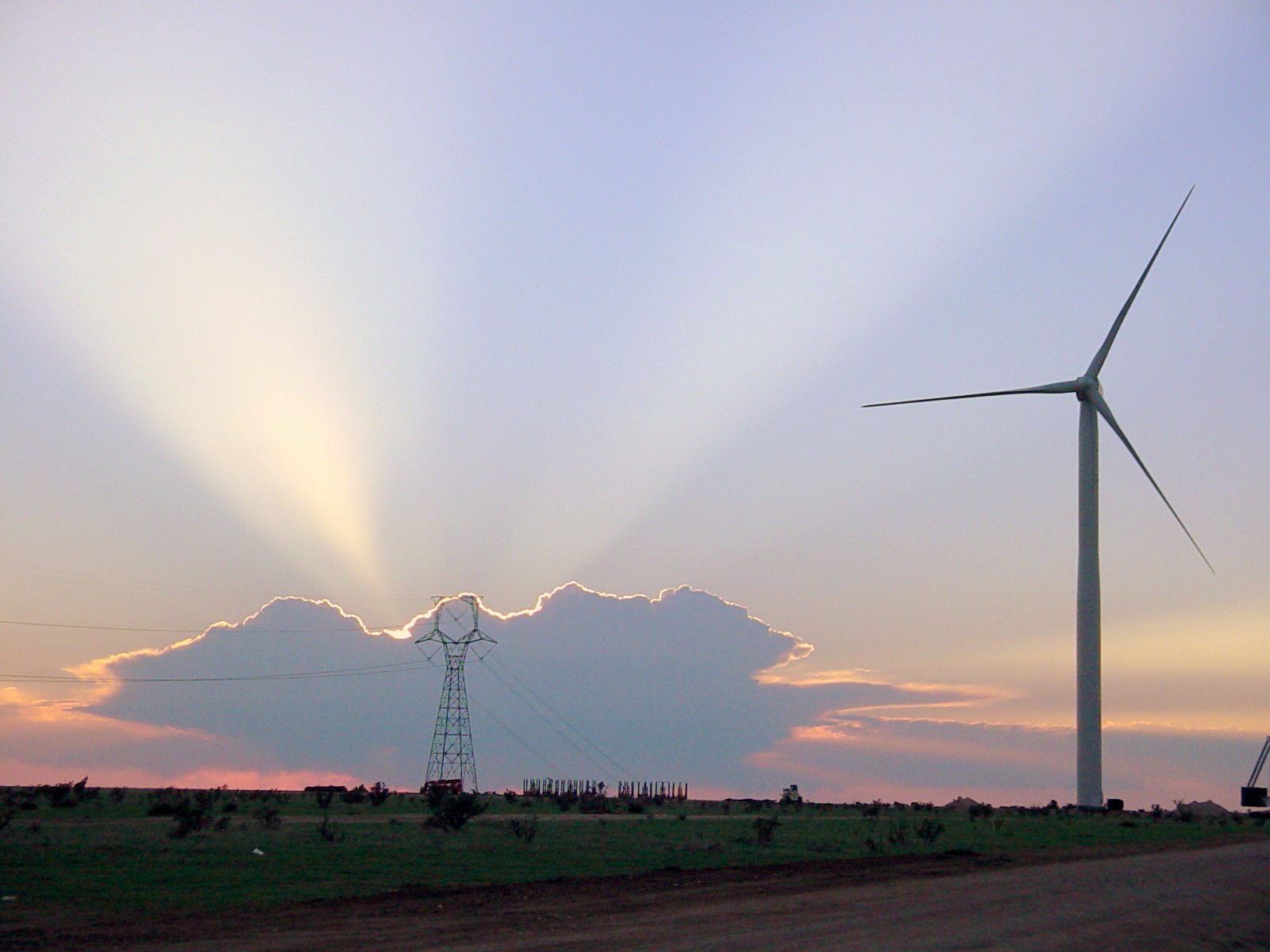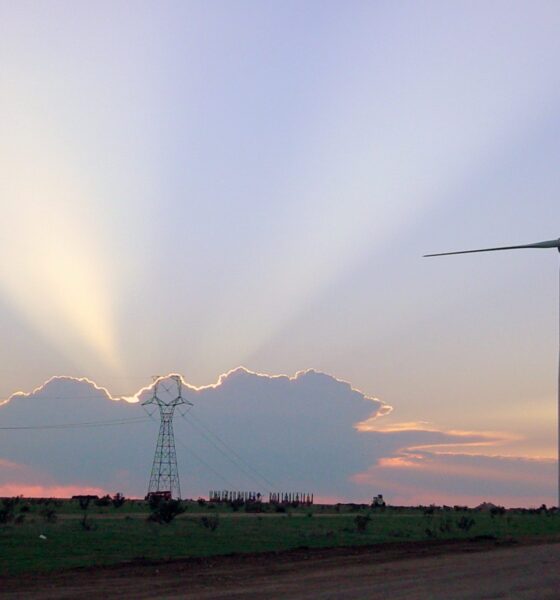

Energy
Global Energy CEO Calls For Rethink On Climate Finance At COP 21
Eddie O’Connor, CEO of Mainstream Renewable Power today called for a realistic approach at COP 21 to the need to fund investment in clean energy in growth markets. The dramatic fall in the cost of renewable technologies will allow countries like India to rapidly expand their clean energy generation without the need for large-scale financial support from other states.
“I know there are governments including India and others, looking for financial support from the USA and Europe to facilitate the support schemes that they think will be needed to incentivise new investment in renewable energy. This support is not needed. In South Africa, new onshore wind can be built for less than half the cost of new coal plant. What COP 21 can do is to incentivise sustainable behaviour by countries, companies, and families. By far the best way to do this is to put a price on carbon. A €30 price per tonne of CO2 would rapidly accelerate the transition to sustainability.”
“We must learn to stop whistling yesterday’s tunes. Developing new coal will seriously undermine our efforts to reach a 2oc pathway. India, and other fast growing countries, can have economic development and clean energy. New coal or any other fossil fuel is not a prerequisite for economic growth.”
Over the last decade, the cost of onshore wind has fallen by over 60% and solar PV by over 80% to a point where they are both cost competitive with, and quicker to install, than coal or gas in many markets.
“Onshore wind energy is one of the cheapest sources of new generation available today”, said O’Connor, whose company is developing wind and solar plant across a number of markets including South Africa, Egypt, Ghana, Chile and Mexico.
“The deployment of large amounts of new wind and new solar PV plant is no longer reliant on support schemes like the feed-in tariff, or green certificates. These programmes were very effective at bringing forward new technology when it was more expensive than new fossil plant. But, today, new wind, and in some markets, new solar PV, are now cheaper – in fact, a whole lot cheaper – than new fossil generation.”
O’Connor added his voice to those calling for a global carbon price to drive investment in new renewable energy plant, particularly in emerging markets. Participants in the COP21 process, and the parallel Sustainable Innovation Forum, both being held in Paris, have identified the introduction of a carbon price as the most practical spur to investment in wind and solar plant.
“I welcome the remarks made yesterday at the Sustainable Innovation Forum by Achim Steiner, the executive director of the UN Environment Programme (UNEP), that renewables, and private sector companies like Mainstream, are creating an “access to energy” pathway across Africa and other emerging markets. The adoption of a carbon price will quicken the pace at which this pathway can be built. It is important to push past the perceived difficulties that some have identified in getting agreement on a carbon price at COP21. Do not let the best be the enemy of the good. There is still time to deliver a meaningful carbon pricing agreement which will be truly transformational in delivering electricity and economic development across the world’s growth markets.”


 Environment12 months ago
Environment12 months agoAre Polymer Banknotes: an Eco-Friendly Trend or a Groundswell?

 Features11 months ago
Features11 months agoEco-Friendly Cryptocurrencies: Sustainable Investment Choices

 Features12 months ago
Features12 months agoEco-Friendly Crypto Traders Must Find the Right Exchange

 Energy11 months ago
Energy11 months agoThe Growing Role of Solar Panels in Ireland’s Energy Future




























